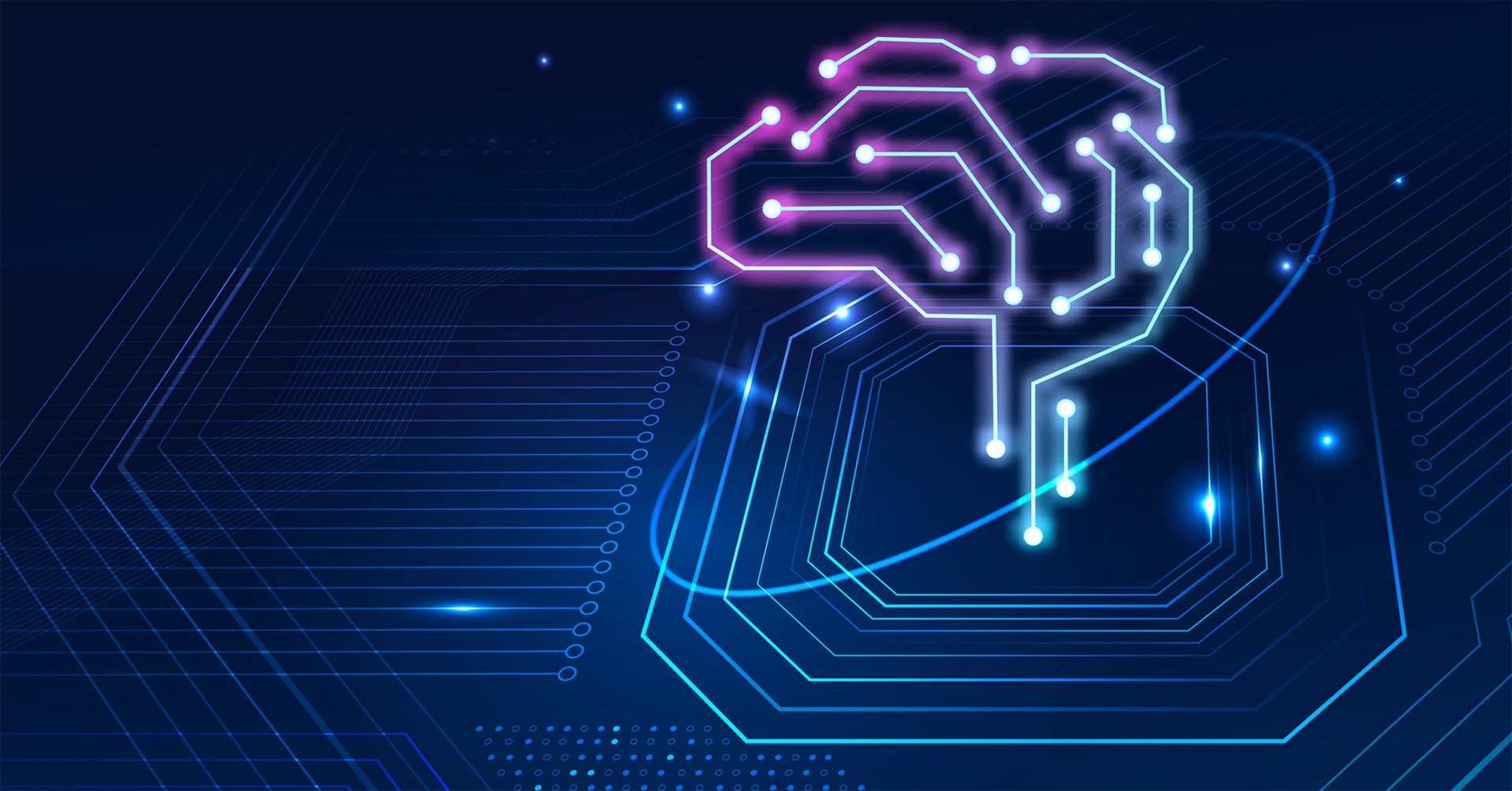Elevating Industries with Machine Learning: Its Potential and Diverse Applications
“Machine learning is a branch of artificial intelligence (AI) and computer science which focuses on the use of data and algorithms to imitate the way that humans learn, gradually improving its accuracy.” (The IBM definition)

If you keep yourself updated on technology news, you probably see mentions of ML everywhere.
Every day a new app, product, or service reveals that it is using machine learning to get smarter and better. You have likely used ML on your way to work, making an online purchase, and communicating with your friends online. Last but not least, you are using Machine Learning when navigating to this blog page on your screen through Google Search. Just to name a few, the most necessary and coolest applications of machine learning are:
- In advanced Face ID authentication, which utilizes machine learning to carry out image recognition and unlock mobile devices (even if the appearance of the face has changed).
- “Search by voice” of Google Assistant, real-time location of the vehicle from Google Maps or detect and switch between languages seamlessly with Google Translate
- product recommendations based on tracking the behavior of consumers, used by various e-commerce and entertainment companies such as Amazon, Netflix, etc.
- The automatic friend’ tagging suggestions on Facebook or any other social media platforms.

What about ML in the manufacturing sector?
The manufacturing sector cannot be excluded from this phenomenon, of course.
ML applications in manufacturing can result in a significant increase in efficiencies and help in creating new business opportunities.
Indeed, Machine Learning can help solve manufacturers’ specific business problems such as:
- supply chain management
- production costs
- quality control
- machine management
- employees safety
How d-one applies the Machine Learning
Manufacturers are continually finding new ways to apply ML to various facets of their production operations.
Digitalsoft is always focused to innovate, therefore we use deeply ML, especially on the following functionalities of its d-one platform:
- Demand Forecasting (d-oneplan module) – Through the application of the ML you can have information that can improve procurement, production, distribution, and sales. Demand forecasting enables demand planning, starting from the analysis of current trends in customer behavior and available historical data. Data will then be purified of everything that may have altered or altered the analysis of demand and made homogeneous and digestible by forecasting solutions. Finally, through data modeling, we identify with accuracy what are the stable data in the time series to make it the reference point in creating the best algorithm to use.
- Predictive Maintenance (d-onefactory module) – Our Predictive Maintenance functionality, through Machine learning algorithms, collects historical data to generate insights that cannot be observed with conventional techniques. Long-term data collection aids the detection and investigation of production process-related problems, while real-time downtime information enables immediate reactivity, increasing operational efficiency. Through this functionality, it is possible to predict and anticipate any potential issue that could cause in the manufacturing environment a decrease of performance.




